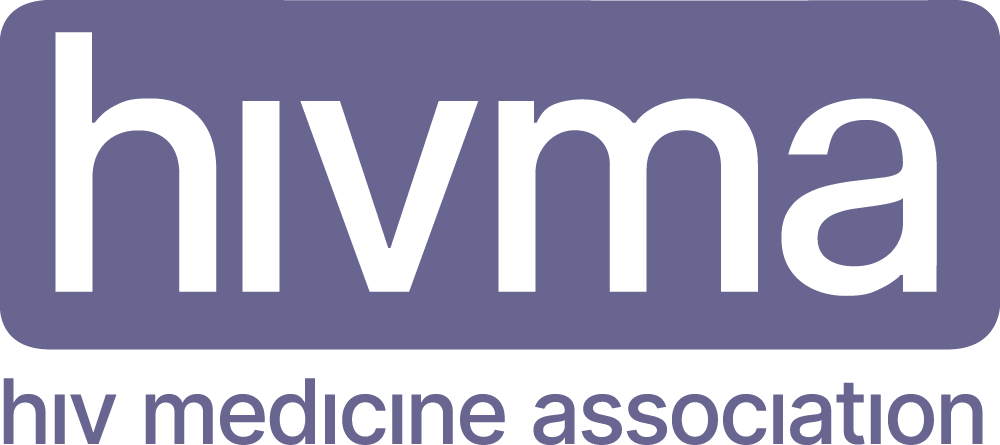Key Provisions in the Senate and House Tax Bills Threatening Progress in Responding to the HIV Epidemic
Statement of HIVMA Chair Melanie Thompson, MD:
The members of the HIV Medicine Association are deeply concerned by the Senate tax bill’s repeal of the Affordable Care Act’s individual mandate, the level of deficit spending in the Senate and House-passed tax bills that will severely strain the federal healthcare programs important to preventing and treating HIV, and the House bill’s imposition of a new tax on waived tuition for graduate students. We urge Congressional members to reject legislation that will harm people with HIV, weaken public health responses and challenge opportunities to build the next generation of biomedical researchers and scientists.
By promoting a robust and diverse health insurance risk pool, the individual mandate made possible health reforms critical to expanding access to coverage for people with HIV, including the end of coverage denials for people with pre-existing conditions and the prohibition of higher premiums based on gender and health status. The repeal of the individual mandate will result in higher costs for people with chronic conditions, including people with HIV, who count on health coverage to access necessary medical care and treatment.
Successful treatment of HIV requires continuous access to medical care and prescription drugs to prevent progression to AIDS and death, costly hospitalizations, and loss of productivity. With regular care and treatment, people living with HIV can achieve long-term suppression of the virus allowing them to stay healthy and effectively eliminating their risk of transmitting the virus. Higher costs will mean that some people with HIV will not be able to afford coverage. Interruption in HIV treatment is a public health as well as an individual health concern.
The Congressional Budget Office estimates that if the individual mandate is repealed 13 million more Americans will be uninsured and premiums in the non-group market will increase by at least 10 percent annually as a result. Stable and long-term funding of the cost-sharing reductions and other interventions to stabilize the non-group market are necessary and important but, as determined by the Congressional Budget Office last week, these interventions will not mitigate the coverage losses or premium increases resulting from the repeal of the individual mandate. We strongly urge that the final tax bill not repeal the individual mandate without an alternative that does not lead to coverage losses and premium increases.
Healthcare coverage losses will be compounded by cuts to critical federal safety-net programs and likely reverse progress made in reducing HIV incidence and increasing the number of HIV infected individuals benefiting from treatment. We urge for the final tax bill not to undermine key federal health programs by creating significant increases in the federal deficit that will trigger automatic cuts of $25 billion to the Medicare program, the elimination of the Prevention and Public Health fund and impact many other vital federal programs, and will likely lead to future deep cuts to the Ryan White HIV/AIDS Program, Medicaid and other health and medical workforce programs. The Ryan White Program has received bipartisan praise as one of the nation’s most effective and cost-effective public health interventions, but it is already straining to care for the increasing number of people living with HIV, especially those without adequate insurance coverage.
In addition to concerns regarding the impact of the tax legislation on access to lifesaving care and treatment, a provision in the House tax bill that ends the tax exemption of graduate student tuition waivers threatens the next generation of HIV and infectious diseases researchers. Many academic institutions currently waive some or all of graduate student tuition in exchange for the research and teaching support that graduate students provide. Taxing the waived tuition will create a significant financial barrier to pursuing a doctorate for many promising researchers. Medical school debt is already a significant barrier to physicians pursing specialization in infectious diseases and is threatening the health and security of our country by potentially limiting the ability to detect, prevent and treat HIV and other infectious diseases throughout the U.S. We strongly urge for the final tax bill not to compromise the next generation of HIV and infectious diseases researchers by including the tax on graduate student tuition waivers.
As the final tax bill is negotiated and considered by both chambers, we urge Congressional members to remember the 1.1 million Americans living with HIV and millions of others with pre-existing conditions whose health depends on continuous and reliable access to healthcare and treatment. Three and a half decades of research and practice have given us the tools to bring the HIV pandemic under control. Do not pass tax legislation that will threaten the health of people living with HIV, adds risks to those who are not, stymie research towards an HIV cure and vaccine, and add fuel to the HIV epidemic in America.
